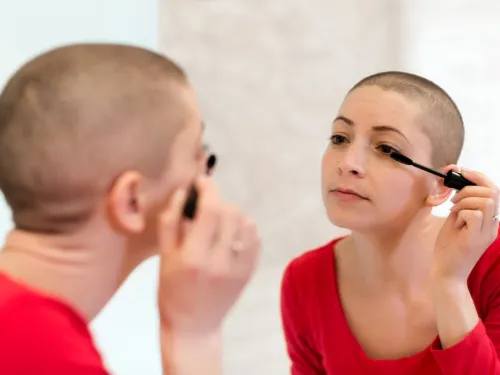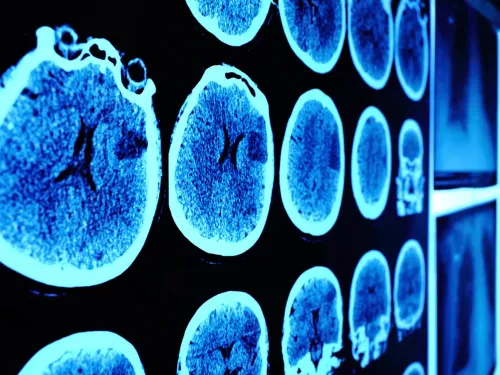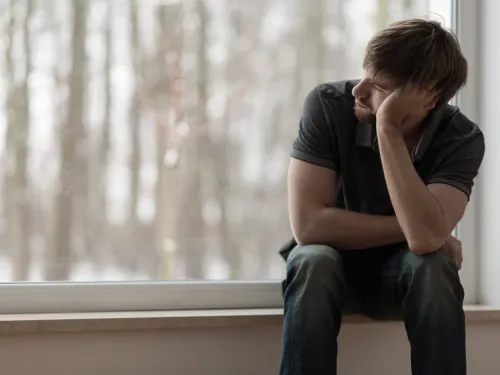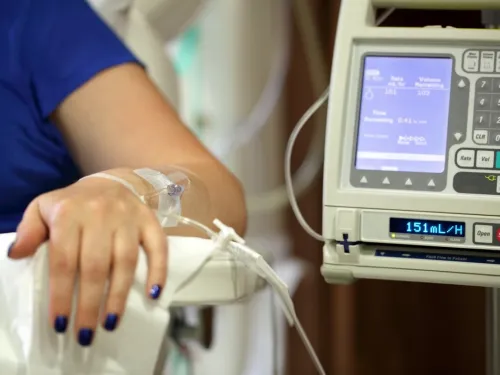
Cancer, sex and relationships
This information is about cancer, sex and relationships. It is for teenagers and young people who are having or have had cancer treatment. It may also help carers, family members and friends.

This information is about cancer, sex and relationships. It is for teenagers and young people who are having or have had cancer treatment. It may also help carers, family members and friends.

Getting back to ‘normal’ after cancer treatment ends isn’t always easy. You might find that your relationships with people around you have changed, or your plans for the future look quite different.

Diagnosis means finding out whether you have cancer and, if so, what type of cancer you have. Doctors will do this by assessing you, and your symptoms, and by doing tests.

Finding out you have cancer is not easy, and it can be hard to fully understand what is happening. It is common to feel shocked and numb.

When you are diagnosed with cancer, doctors will do some tests to find out as much as possible about the cancer. This information will help them to plan the best treatment options for you.

The treatment you have will depend on the type of cancer you have. Your doctors will choose the treatment that is best for the type of cancer you have. You may have more than one type of treatment.
Your doctors may suggest you take part in a clinical trial.
Principal Treatment Centres (PTC) for teenagers and young adults are hospitals that have been recognised as specialist experts in TYA cancer.
Designated Hospitals have been approved to provide cancer care for young adults, within its overall adult cancer services. Your treatment would still be supervised by specialists at the PTC.